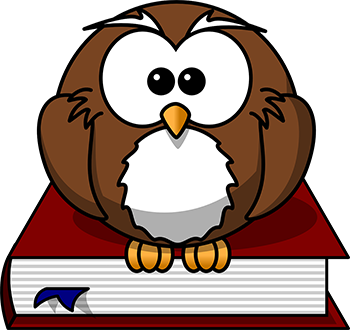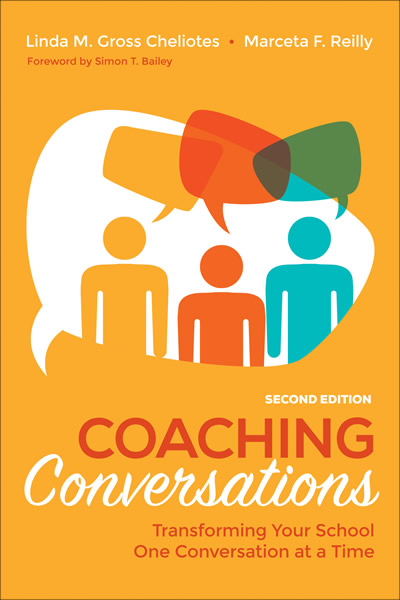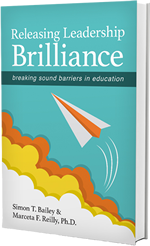 Several years ago I read a very enlightening book. It was entitled Women’s Ways of Knowing, by Mary Field Belenky et al. The premise was that adults go through stages in the kind of knowing to which they give the most importance. For women, the stages often begin with knowing from their own personal experiences (intuition), moves to knowing from experts (knowledge), and integrates by knowing what research confirms their lived experience (wisdom).
Several years ago I read a very enlightening book. It was entitled Women’s Ways of Knowing, by Mary Field Belenky et al. The premise was that adults go through stages in the kind of knowing to which they give the most importance. For women, the stages often begin with knowing from their own personal experiences (intuition), moves to knowing from experts (knowledge), and integrates by knowing what research confirms their lived experience (wisdom).
I often see these stages emerge when I’m working with groups on big, messy issues. For instance, a frequent issue for school boards and administrative teams is grappling with how to determine a technology plan for students that meets their learning needs and has a high level of security for the district.
The groups studying this issue often get confused about the difference between knowledge and wisdom. They want to move immediately to talking with experts, looking at appropriate policies and regulations, and digging into details like what are the best hardware and software products to purchase. These are all “knowledge parts” of the issue and when they find out all they can from this perspective, they think they are done.
But they have not yet considered the lived experience of this issue. What are the “people” aspects that could arise?
- How will this new emphasis on technology bump up against a teacher’s personal belief about instruction?
- What are the new skills, habits, and attitudes teachers will need in order to implement the changes?
- How will the new plan affect routine instructional habits?
- Will the plan make instruction easier or harder for them?
- How will you get teacher commitment to implement the changes?
These are the tougher aspects of the issue to resolve. It is “wisdom work” and calls for leaders to think deeply, feel into the perspective of another, and remember their own experiences with implementing big, new changes. It often leads to outside-the-box solutions in order to understand what is going on and develop new tools, methods, and practices to make the new plan really work.
In the end, working through both the knowledge and the wisdom aspects of challenging issues pays big dividends for the school district. Not only is the planning technically sound, the implementation is brilliantly wise!
Where have you seen the right blend of knowledge and wisdom working well in your district?









Comments on this entry are closed.